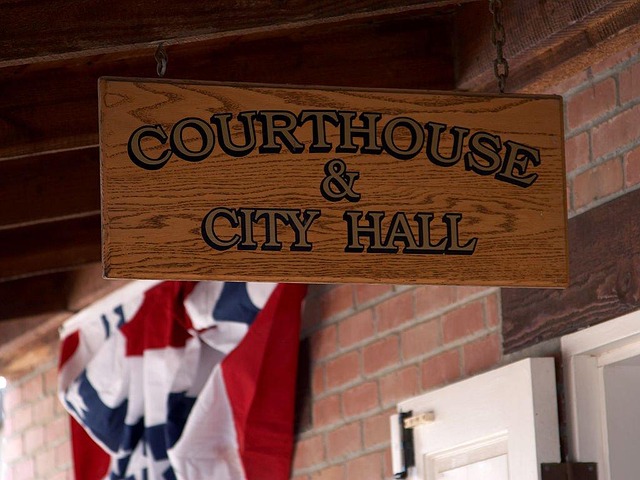Breach of contract cases in RF Securities involve complex financial and legal issues with significant impacts on all parties involved. Common defenses, such as unclear agreements, evolving regulations, and disputes over mutual consent, are challenged through meticulous analysis of contractual terms and jurisdiction-specific laws. To avoid indictment, entities must adopt best practices like robust internal controls, staff training, and proactive risk management, ensuring adherence to legal frameworks and long-term success in an ever-changing market.
The RF Securities industry faces unique challenges in contract enforcement due to its dynamic nature. This article explores the intricate world of breach of contract cases, focusing on the RF Securities landscape. We delve into common defenses employed by stakeholders and analyze their effectiveness. Furthermore, it highlights best practices for risk mitigation and compliance, providing insights into navigating these complex scenarios. Understanding these strategies is crucial for practitioners aiming to fortify against potential breaches in the RF Securities industry, leveraging effective Common Defenses in Breach of Contract Cases.
- Understanding Breach of Contract Cases in RF Securities
- Common Defenses and Their Effectiveness
- Best Practices for Risk Mitigation and Compliance
Understanding Breach of Contract Cases in RF Securities

In RF Securities, breach of contract cases often involve complex financial transactions and intricate legal arguments. These high-stakes cases can have significant implications for all parties involved, including investors, brokerages, and regulatory bodies. Understanding the dynamics of such disputes is crucial in navigating the industry’s regulatory landscape. One common defense in breach of contract cases is the assertion that the agreement was unclear or ambiguous, leading to a good-faith misunderstanding among the parties.
Another strategic defense often employed is emphasizing the role of the philanthropic and political communities in shaping industry standards. By arguing that regulatory guidelines were evolving at the time of the contract, defendants may attempt to mitigate liability. Moreover, some cases turn on whether there was mutual consent, with parties claiming that terms were misrepresented or unintentionally agreed upon. Ultimately, avoiding indictment in these high-stakes cases requires meticulous record-keeping, transparent communication, and a proactive approach to risk management, ensuring adherence to legal frameworks governing RF Securities industry regulations.
Common Defenses and Their Effectiveness

In breach of contract cases, several common defenses are employed by parties to mitigate liability or avoid legal repercussions entirely. These defenses often center around concepts of mutual assent, capacity to contract, and performance or excuse for non-performance. For instance, challenging the existence or validity of a contract due to lack of consideration or unilateral change in terms can be an effective strategy. Furthermore, arguing that the contract is unenforceable due to fraud, misrepresentation, or unduly influential behavior from the opposing party is another common tactic.
The effectiveness of these defenses varies based on the specific facts and legal jurisdiction. While they offer potential avenues for relief, particularly for general criminal defense strategies or when dealing with corporate and individual clients in diverse sectors, successful invocation requires meticulous scrutiny of contract terms and surrounding circumstances. The interplay between contractual language, legal precedents, and the actions (or inactions) of the parties involved ultimately shapes the viability of these common defenses in breach of contract cases.
Best Practices for Risk Mitigation and Compliance

In the RF Securities Industry, risk mitigation and compliance are paramount to avoid legal pitfalls, especially Common Defenses in Breach of Contract Cases. Best practices involve robust internal controls, regular staff training on regulatory updates, and meticulous documentation. By implementing these measures, firms can significantly bolster their defenses against contractual disputes, thereby enhancing their reputation and financial stability.
Moreover, a proactive approach to risk management includes staying abreast of industry trends and adapting policies accordingly. This not only involves winning challenging defense verdicts but also fostering strong relationships within the philanthropic and political communities. A well-regulated and compliant securities firm is better positioned to navigate legal complexities, ensuring long-term success in an ever-evolving market, even in the face of general criminal defense scenarios.
In navigating the complex landscape of RF securities industry regulation, understanding breach of contract cases and employing effective common defenses are pivotal. By adopting best practices for risk mitigation and compliance, financial institutions can ensure robust protection against potential legal pitfalls. These strategies not only safeguard against costly litigation but also foster a culture of integrity and transparency within the industry.






